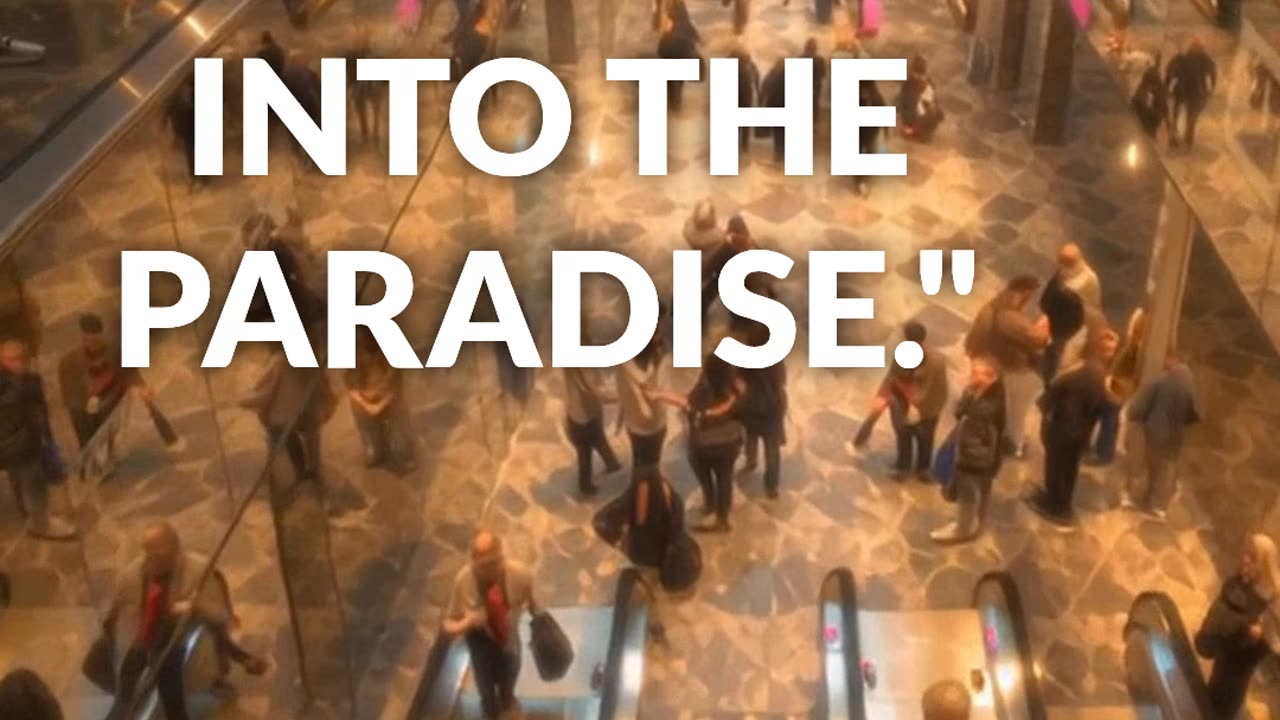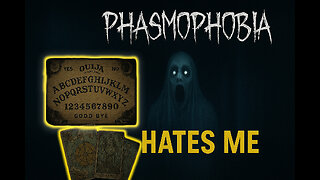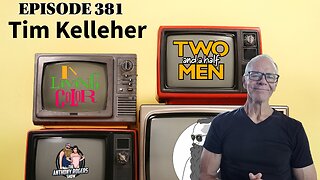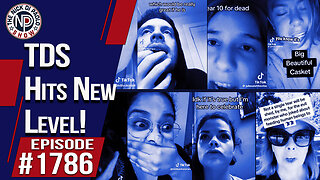Premium Only Content

It is a fantasy that Life is somewhere else—a fear of missing out and the belief that the grass is always greener elsewhere. Advertisements, films, and fiction perpetuate this idea. It is imaginary, a way to escape the present moment. We dream that the future, or another place, will somehow be better. What is feels insufficient; who is feels insufficient. Something—or someone—seems to be missing, so we continuously strive and search for that missing piece. This sense of lack drives us to try to feel complete and to fill the hole. It is a state of continuous dissatisfaction.
The cause of our suffering is the illusion that someone or something can fill that hole and eradicate our sense of lack. This illusion fuels continuous movement and striving—that’s how advertisements, movies, and fiction work.
A radical step would be to stop moving and striving, and simply be with the lack—be lacking, be desiring, fully feeling and experiencing that dissatisfaction and hunger. Feel the fear of missing out completely. The logic in the imagination may go like this: "I am the last one in the queue; I am left on the shore while everyone else is already sailed into paradise." Surrender means giving up the chase. The price of chasing is life itself.
People often spend years chasing fantasies, and when a goal is finally achieved, the disappointment truly hits—especially when most the goals have been accomplished and there are few left to achieve. The nature of the process then becomes apparent: it is an attempt to escape structural incompleteness — the very foundation of desire and of being alive. Meeting this lack—and staying with the process of desiring—is meeting oneself and the Other. In this encounter, the relationship between the self and the Other is revealed—desire Other's desire.
Instead of trying to achieve, escape the present moment, or get somewhere else, if we enjoy the process of living itself, we will not fix the lack, but we will reveal a different way of being. Rather than doing and striving, we can be in relation—being with what is and whom is.
-
 1:04:01
1:04:01
BonginoReport
6 hours agoLefties Wish Death on Trump but He’s BACK! - Nightly Scroll w/ Hayley Caronia (Ep.125)
175K79 -
 3:18:28
3:18:28
Tundra Tactical
4 hours ago $0.49 earnedWe Survived the Military… But Not This Basement
17.8K -
 20:12
20:12
Clownfish TV
11 hours agoDisney Needs MEN Back?! They ADMIT Star Wars and Marvel are DEAD!
17.4K33 -
 1:37:00
1:37:00
Anthony Rogers
11 hours agoEpisode 381 - Tim Kelleher
11.8K1 -
 1:01:42
1:01:42
The Nick DiPaolo Show Channel
8 hours agoTDS Hits New Level! | The Nick Di Paolo Show #1786
48.6K37 -
 1:02:27
1:02:27
Michael Franzese
6 hours agoFace to Face with a Former Chinatown Gangster Turned NYPD Detective
48.7K13 -
 1:31:25
1:31:25
The Confessionals
11 hours agoThe Queen of Heaven Exposed (Hathor, Lilith & Ancient Gods Return)
32.2K7 -
 13:09:26
13:09:26
LFA TV
17 hours agoLFA TV ALL DAY STREAM - TUESDAY 9/2/25
198K14 -
 3:17:57
3:17:57
LIVE WITH CHRIS'WORLD
9 hours agoLIVE WITH CHRIS'WORLD - IT WORKED IN D.C. & IT WILL WORK IN CHICAGO
19.2K6 -
 40:44
40:44
Ohio State Football and Recruiting at Buckeye Huddle
8 hours agoOhio State Football: 10 Things We Learned From Rewatching the Texas Win
17.6K